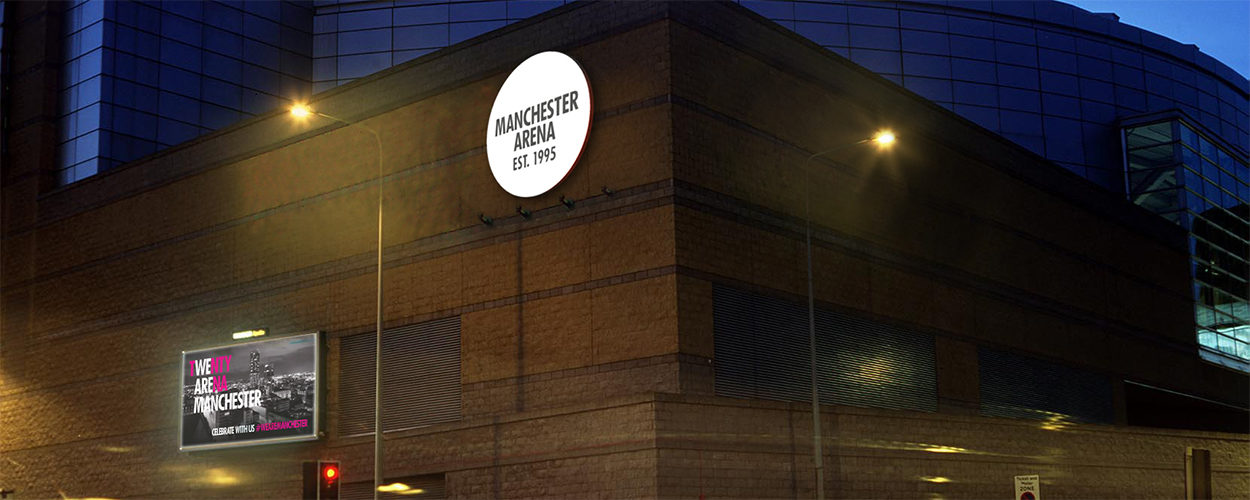This website uses cookies so that we can provide you with the best user experience possible. Cookie information is stored in your browser and performs functions such as recognising you when you return to our website and helping our team to understand which sections of the website you find most interesting and useful.
Business News Live Business
Inquiry into Manchester Arena terrorist attack makes many criticisms of the emergency response
By Chris Cooke | Published on Monday 7 November 2022

The independent public inquiry into the 2017 terrorist attack at the Manchester Arena last week published a report on the emergency response that followed the bombing.
A total of 22 people died on 22 May 2017 when suicide bomber Salman Abedi detonated a bomb as an Ariana Grande concert ended at the Manchester venue. In his new report, John Sanders, Chairman of the inquiry, makes a number of criticisms of those involved in the emergency response to the attack and sets out a series of recommendations for government, emergency services and venue operators.
In his report, Sanders acknowledges the many individual acts of heroism that followed the attack, adding: “I pay tribute to all those who selflessly went to the aid of others”. He also confirms that some aspects of the formal emergency response worked well.
However, he adds, “many have acknowledged that mistakes were made in the aftermath of the explosion”, and “by no means all the mistakes that were made were inevitable. There had been failures to prepare. There had been inadequacies in training. Well-established principles had not been ingrained in practice”.
As well as reviewing how Manchester emergency services responded to the incident, Sanders also considers the response of venue operator SMG and the company it had hired to provide on site healthcare, Emergency Training UK.
He concludes that “ETUK’s provision of a healthcare service on the night of the attack was inadequate”, adding that “ETUK had not adequately prepared to deal with a major incident response. There were not enough staff with necessary clinical qualifications, skills and experience on duty. Some staff were not sufficiently qualified to provide healthcare at events”.
SMG – now part of ASM Global – should have had systems in place to identify these deficiencies, Sanders adds. He writes: “SMG took an unacceptable approach to ensuring that there were adequate healthcare services at the Arena. SMG failed to carry out basic checks that would have revealed major deficiencies in ETUK’s approach”.
Later in this report, Sanders stresses the importance of having on site expertise to provide an initial response to major incidents at big events, given the urgency with which those affected may need life-saving treatment.
Although also critical of local emergency services, Sanders notes: “There will always be a time lag between the emergency having happened and the arrival of the emergency services that are able to assist the casualties. That is a critical time when lives can be lost if no action is taken to save casualties. This makes it essential that as much help as possible can be provided on site by people who are in the vicinity and prepared to help”.
“This means”, he adds, “that it is vital that establishments of a similar size to the Arena have a reasonable number of adequately trained and equipped medical staff on hand to give emergency care, to bridge the gap before the ambulance service and the fire and rescue service can arrive. Standards need to be laid down and enforced to ensure that this happens”.
With that in mind, Sanders formally recommends: “A standard should be set for the level of event healthcare services that are required for any particular event. I recommend that Department Of Health And Social Care consider what that standard should be. I do not consider that it is a standard that should be contained only within guidance. Serious consideration should be given to putting it on a statutory footing. The consequences of failing to meet the standard could be fatal”.
You can access the full report here.





